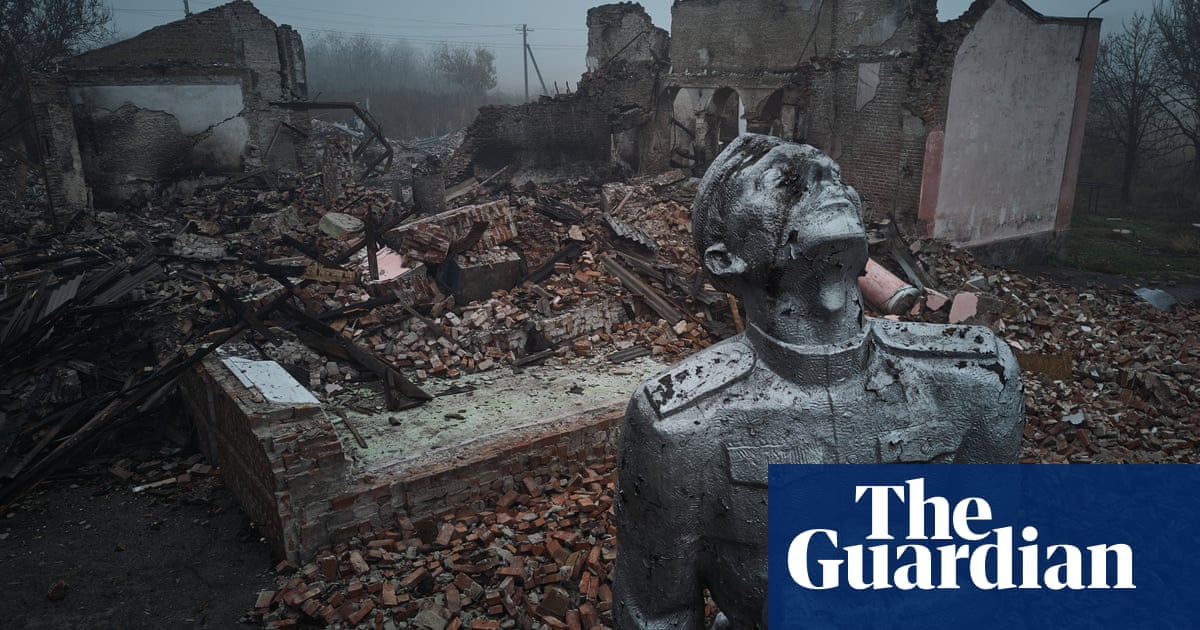
Business conditions deteriorated at a slower pace in May in Saudi Arabia, the UAE and Egypt
The non-oil private sector improved in the three countries according to data from IHS Markit
LONDON: The worst may be over for the three biggest economies in the Arab world according to new purchasing managers index data.
Business conditions deteriorated at a slower pace in May as lockdowns began to ease in Saudi Arabia, the UAE and Egypt while at the same time some companies started to trim costs.
Non-oil private sector improved in the three countries according to Purchasing Managers’ Index data from IHS Markit. Still, performance in all three was still below the crucial 50 mark which separates economic expansion from contraction. Saudi PMI rose to 48.1 in May from 44.4 a month earlier while the UAE advanced to 46.7 in May from 44.1 a month earlier.
But Egypt recorded the biggest turnaround, jumping to 40.7 from 29.7.
Gulf states have been hit by the twin blow of coronavirus-related lockdowns which have depressed consumer spending and confidence and a low oil price which has hurt revenues for major crude exporters such as Saudi Arabia and the UAE. Meanwhile the emirate of Dubai, the Gulf region’s biggest tourist draw, has suffered a major setback as visitors stayed away.
The PMI data follows a grim assessment of regional economies by the Institute of International Finance, which on Tuesday said the six Gulf Cooperation Council countries were facing their worst economic crisis in history.
It said that overall real gross domestic product (GDP) would contract 4.4 percent this year.
Saudi Arabia has tripled valued added tax, reduced capital expenditure and cut the cost of living allowance in response to the pandemic.
“Business conditions in Saudi Arabia deteriorated again during May, but the speed of the downturn moderated from April’s survey-record pace,” said IHS Markit Economics Director Tim Moore. “Some firms noted that an easing of lockdown measures had helped mitigate the downturn in May, alongside efforts to boost online business operations. However, there were still widespread reports that business closures and constrained operating capacity had held back overall activity across the non-oil private sector.”
Concerns about the economic outlook and the need to reduce costs contributed to the sharpest cutbacks to staff salaries recorded since the survey began in August 2009, IHS Markit said.
Despite the tough headwinds facing the economy, new data from the Saudi Arabian Monetary Authority showed that lending activity in the Kingdom remained strong. Mortgage lending grew by more than a fifth in the first four months of 2020 compared to the same period a year earlier.












